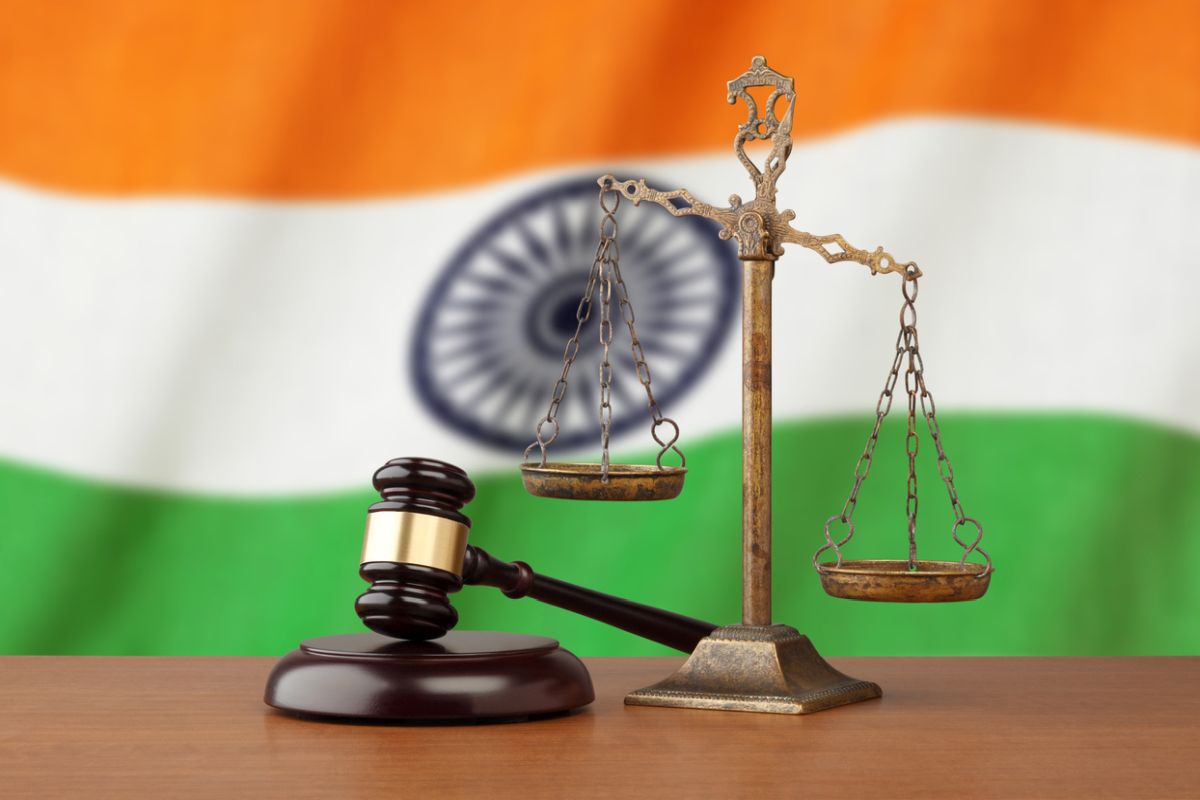With reference to the Chief Justices-Chief Ministers Conference held on 30 April, the frank admissions made by the Chief Justice of India must be appreciated. They include that there is a monstrous pendency of cases before courts; that the bureaucracy is guilty of non-performance; that the number of judges is alarmingly low, and that there is an increasing tendency on the part of the Executive to transfer the burden of ‘decision-making’ to the courts. It was rightly pointed out that during the last six years, the pendency of court cases has increased by 55 per cent to over four crores.
These admissions by the Chief Justice of India in the presence of the Prime Minister, the Union Law Minister, and the Chief Ministers are an eye-opener for all concerned and call for a serious review of the state of affairs. Among the pending litigations, special attention needs to be accorded to the matters ‘pending for judgment after final arguments’, especially those related to senior citizens, harassed women and persons belonging to the poor strata of the society.
Advertisement
One such category of cases which readily comes to my mind is those related to the pension eligibility of retired employees of Delhi University, several Gujarat Universities and the Kendriya Vidyalaya Sangathan. These senior citizens are prima facie victims of mismanagement, arbitrary actions and legal adventurism of the bureaucracy which has the least regard for judicial pronouncements by the apex court. Added flavour is put to this mischief by some practitioners from the legal fraternity who perceive this situation as a golden chance to enhance their private incomes at the cost of justice to the aggrieved persons. It may be shocking to note that even in the Supreme Court, a large number of cases of this category of persons have been pending for over fifteen months ‘after the final hearing’ of the matters. In DU pension cases, the time-lapse is over seventeen months at present. What is even more worrisome is the fact that some of the matters pending for judgment (after a final hearing) are before judges who are scheduled to retire shortly – perhaps within a matter of a few days.
Can our system, including the Law Ministry, the office of the Chief Justice, judicial officers at various levels, and the insensitive and arrogant bureaucracy review the whole situation and take appropriate steps on a priority basis to ensure justice to the suffering litigants?
To my mind, the erring bureaucrats and high officials of various universities and colleges ought to be held personally liable for indulging in legal adventurism in proven cases of willfully and recklessly causing mental agony, harassment, loss, and injury to retired persons from the academic community. Personal liability of guilty officials may also be fixed in cases of harassment of women and persons belonging to the poor strata of society.
The present CJ-CM Conference was held after a period of about six years. It should be held annually with a focus on a credible review of the progress made during a year. The goal should be expeditious justice to all.
(The writer, a doctorate in management, is a retired senior faculty of the University of Delhi, and presently a law practitioner and human rights activist based in New Delhi.)











